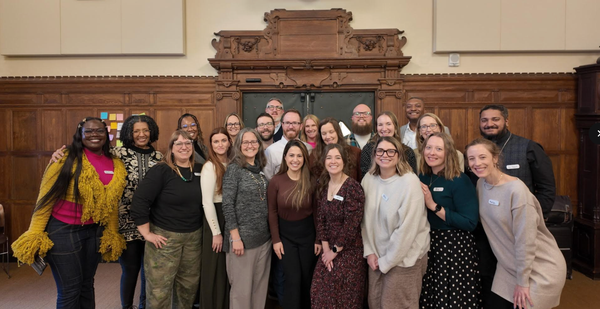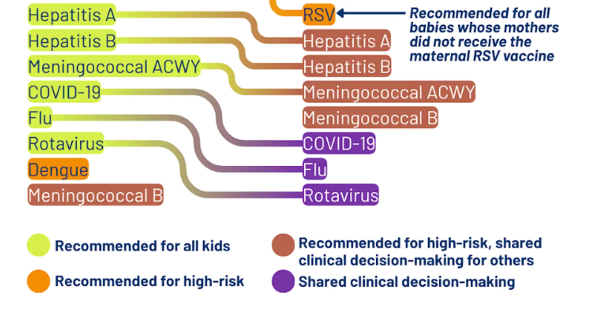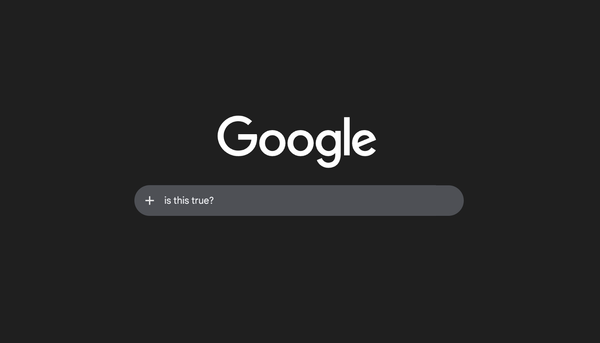We need to train more health communicators
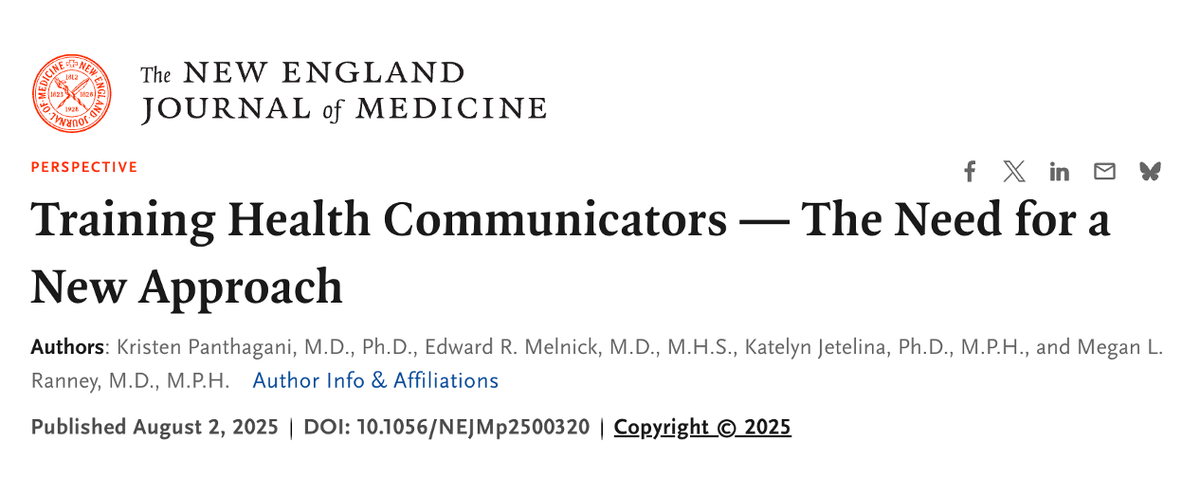
Our new NEJM piece on the need for formal training for informal communication
I made my very first “science communication” post on March 10, 2020. I was trying to understand what was really going on with COVID, and at the time the best public data was a crowd-sourced google sheet. I made this plot comparing Italy and the US — and knew we were in trouble.
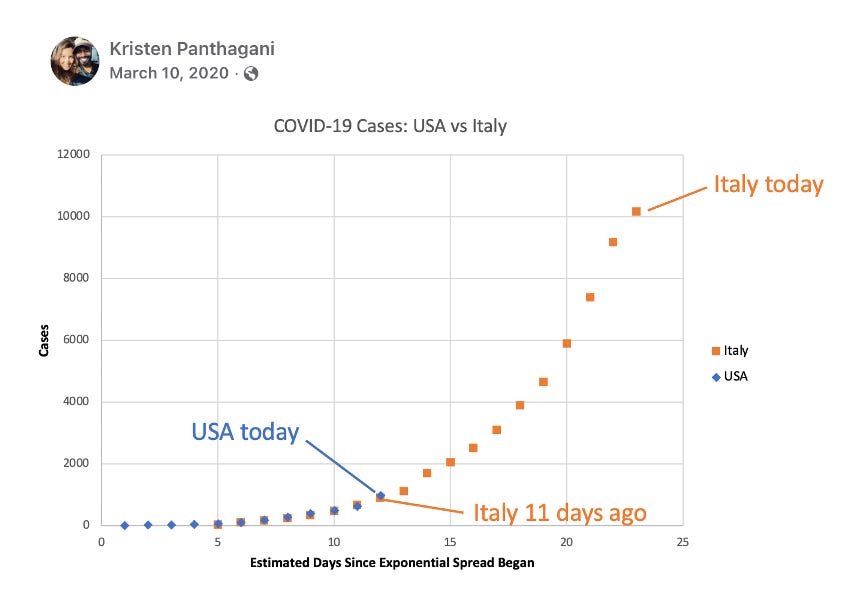
With significant trepidation, I shared it on Facebook. I was a senior MD/PhD student at the time studying the human microbiome — not a virologist or epidemiologist. I didn’t have any fancy letters after my name, and felt woefully unqualified to be communicating about an emerging pandemic — Was it irresponsible of me to share this? Should I wait for the ‘official’ data and graphs, and share those?
But as we all remember, the official communications were confusing and often conflicting, and it was hard to figure out what was really going on. So many of us turned to crowdsourced data, and we needed communicators who could translate that for the public in real time.
So I decided to share it.
The graph went viral (at least by my standards at the time). Over the following weeks I posted daily data updates with fancier graphs, and eventually started this newsletter to address the rumors and confusion that were circulating. I did this largely on my own — imposter syndrome constantly in tow — with very few resources to rely on. My mentors were supportive, but there was no available training at my school for ‘science communication’ — this informal, simple communication to the public. In ten years of graduate and medical school, I never received a single lecture on communicating with a general audience. The only formal guidance from my institution was: ‘make sure you include a disclaimer saying you don’t speak for us.’
This has to change.
Five years later, health information is even more polarized, biomedical research is being defunded, and trust in health institutions continues to dwindle. While these are giant, messy problems with complicated causes, communication (and lack thereof) is at the core of many of them.
Public health must fix our communication problem. This means teaching clinicians, scientists, and public health workers how to communicate with the public — and how to do it well. We need to turn up the volume on accurate health information, which means not only training clinicians and scientists to speak accurately, but simply and with empathy, so those accurate facts are both heard and understood.
My bold proposal is this: integrate public communications training into medical schools, graduate schools, and public health schools. Teach students how to talk to a general audience. Create the training resources I didn’t have. Not everyone is going to become a master communicator, but by providing every health and science student the communication basics (and creating resources for those who want to learn more), we can start to turn up the volume.
Changing curricula requires the attention and approval of higher ups like deans and curriculum committees — attention you often can’t get from writing on a blog. Sometimes, you have to publish your bold proposal in a fancy journal. So that’s what we did.
I’m excited to share the article I’ve been working on for over a year, published this weekend in the New England Journal of Medicine: Training Health Communicators — The Need for a New Approach. A shout out to my coauthors Ted Melnick (Yale Emergency Medicine), Katelyn Jetelina (Your Local Epidemiologist), and Megan Ranney (Dean of the Yale School of Public Health) for their work and support making this happen.
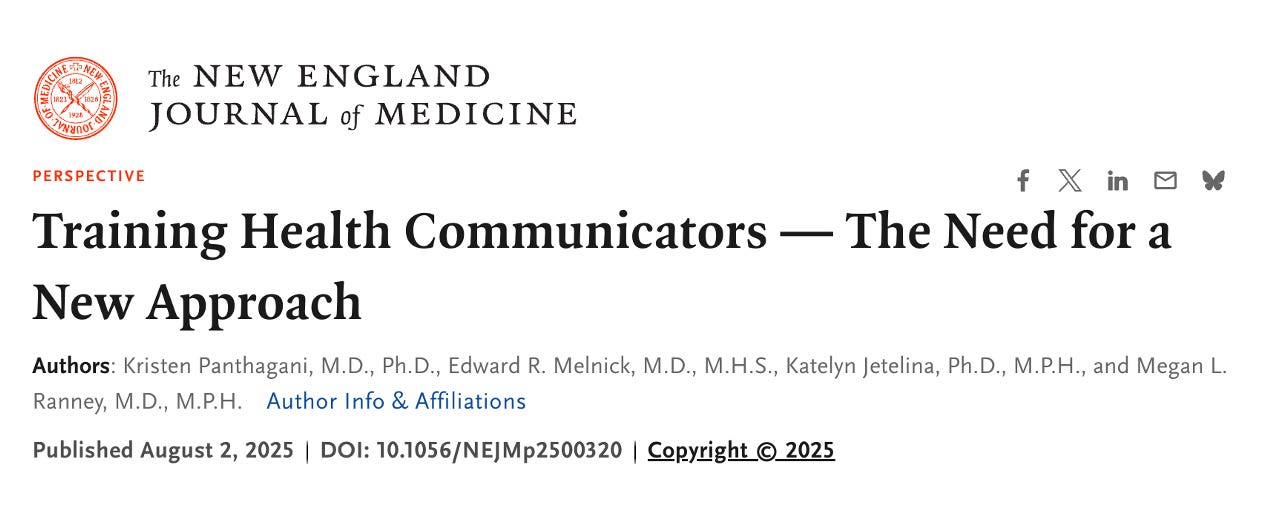
In the article, we lay out the need for integrating communications training into health and science curricula and provide suggestions of core competencies to include. Read and share it — and let me know what you think. I’ll be chatting about the article tomorrow at 3 pm on Substack Live with fellow science communicator and emergency physician Jeremy Faust. Join us there with thoughts and questions!
Kristen Panthagani, MD, PhD, is completing a combined emergency medicine residency and research fellowship focusing on health literacy and communication. In her free time, she is the creator of the medical blog You Can Know Things, available on Substack and youcanknowthings.com. You can also find her on Instagram and Threads. Views expressed belong to KP, not her employer.

